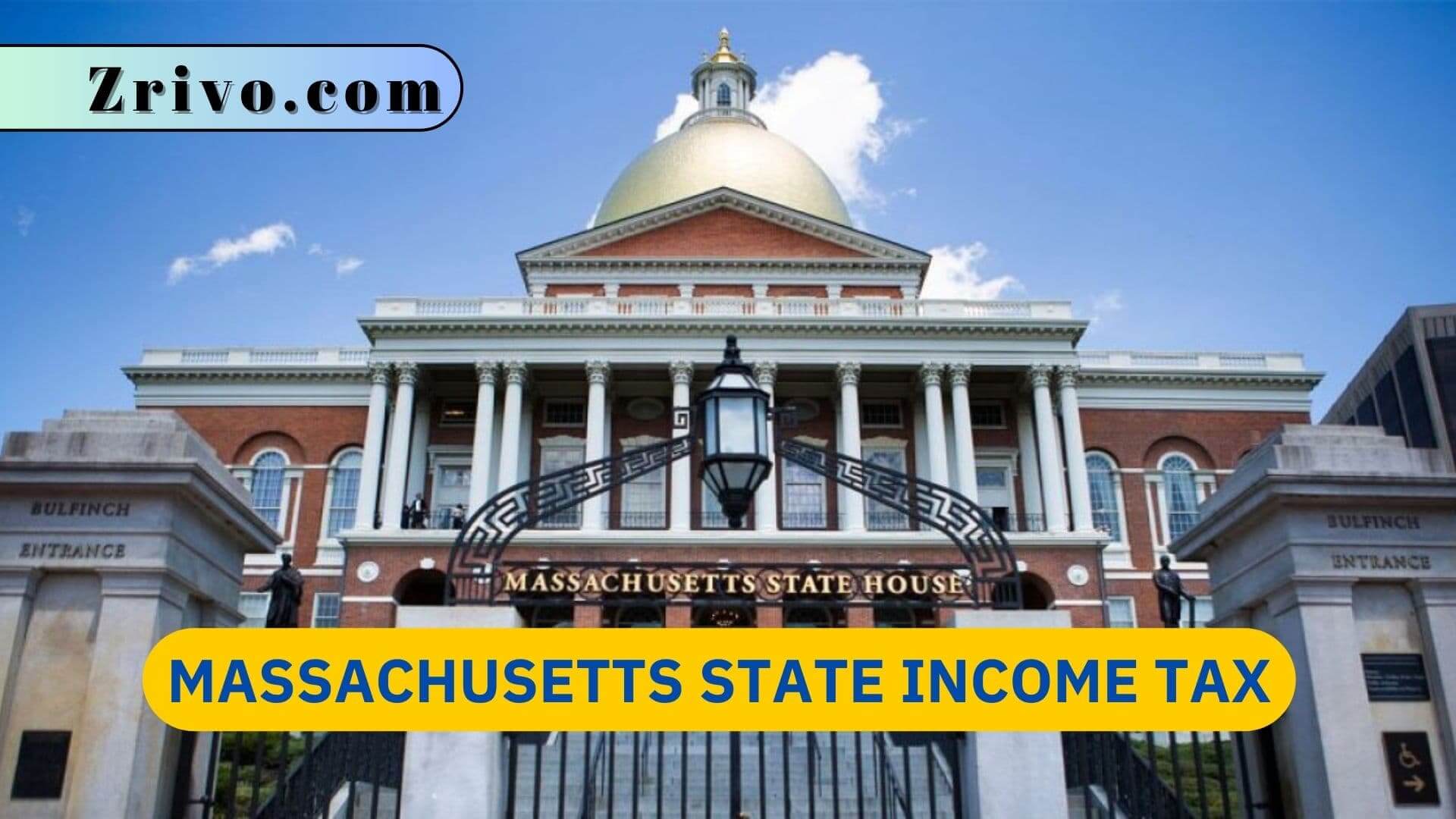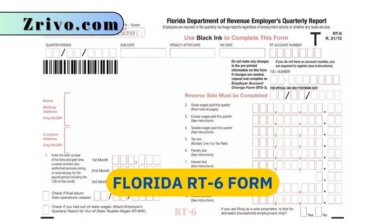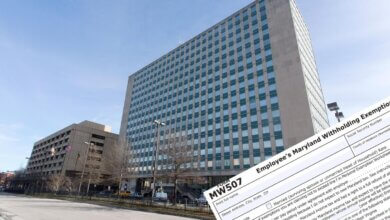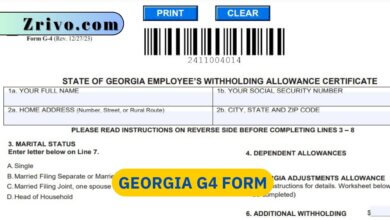Massachusetts State Income Tax 2023 - 2024
If you are a Massachusetts resident, you must pay state income tax on any earned income.

Generally, anyone who earns ordinary income must pay Massachusetts state income taxes. This includes the profits from a small business, rental income, dividends, interest, and some retirement account distributions. However, there are some types of income that don’t trigger a state tax, such as long-term capital gains and qualified dividends. In Massachusetts, personal income tax is levied at a flat rate of 5.00%. Individuals can also take advantage of a variety of tax deductions and credits to reduce their overall liability. The most popular include the rent and commuter deductions, as well as credits for property and sales taxes.
If you’re a full-year resident, your employer should withhold taxes from your paychecks to cover what you owe in Massachusetts. You can file a Form 1 to declare your income or fill out an estimated payment voucher, Form 1-ES.
How to Pay Income Tax in Massachusetts?
In Massachusetts, you can make payments with credit cards. To make a payment, log in to MassTaxConnect and select “Make a Payment” under Quick Links. The MassTaxConnect site also has other payment options, including ACH bank account withdrawals and estimated payments.You can also make payments by fax or by phone.
You can also pay using a check or money order. You must include your Massachusetts income tax payment voucher with your check or money order. The voucher is printed on the back of your state tax bill or can be found at the MA Department of Revenue website.
The Department of Revenue’s Taxpayer Service Division answers questions related to the state income tax, including refunds, withholding, and payment agreements. This division also registers new businesses, and answers inquiries about motor fuel taxes, room occupancy taxes, nonresident tax, and sales and use taxes.

Massachusetts State Income Tax Exemptions
A Massachusetts tax exemption reduces the amount of taxes you owe. Exemptions are available for medical and dental expenses, the cost of a personal care home, student loan interest payments, and some commuter costs. You must itemize your deductions to qualify for these exemptions. Massachusetts does not have a standard deduction. However, it does allow many federal itemized deductions, including mortgage interest payments and real estate taxes. It also allows a few additional deductions, such as college tuition expenses and student loan interest payments.
In addition, you can claim an exemption if your medical and dental expenses are greater than 7.5% of your U.S. adjusted gross income (AGI). You must have a permanent place of residence in the United States to claim this exemption. Dormitory rooms are not considered permanent places of residence.





